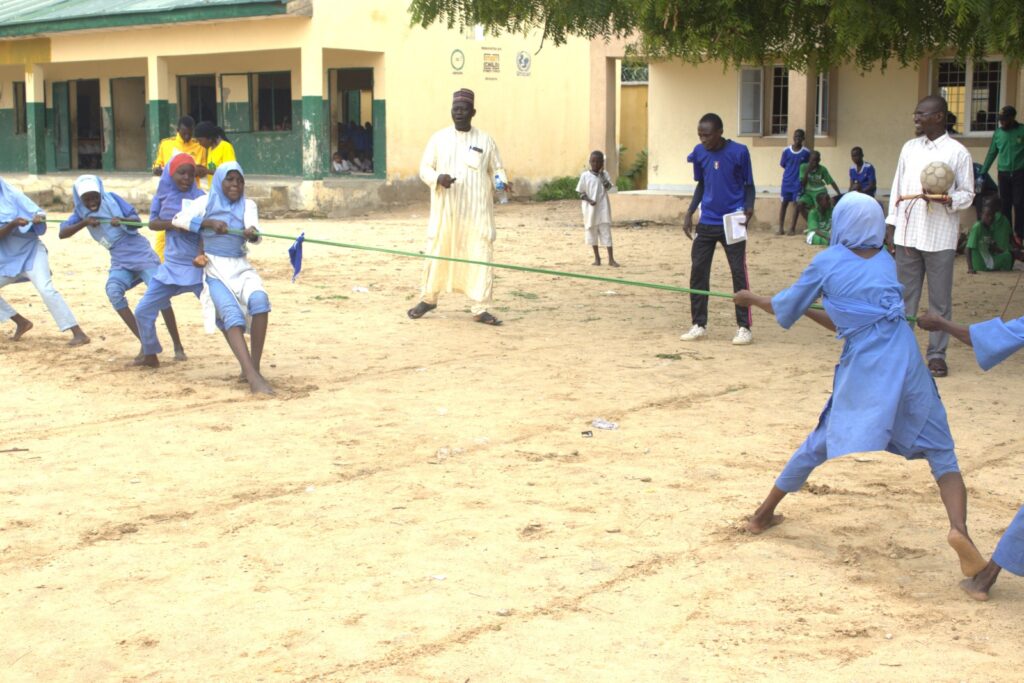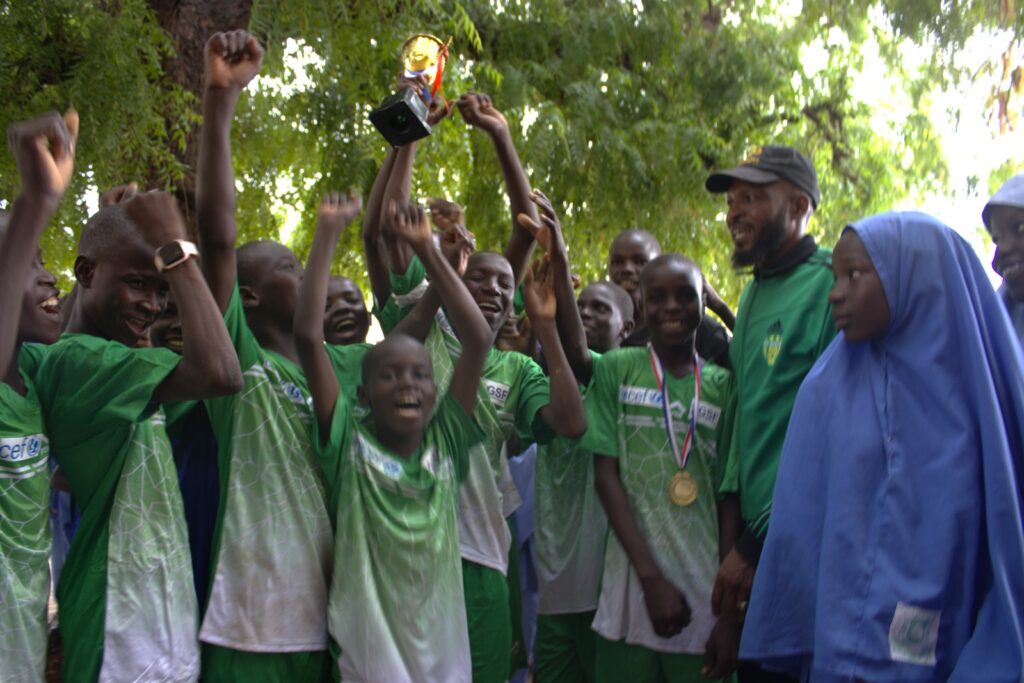On the nineteenth of August, the global community acknowledged International Humanitarian Day, a day specifically designated to pay tribute to the unwavering dedication of those who risk their lives in order to deliver assistance in some of the most challenging environments. While the primary emphasis is frequently placed on essential services such as food, shelter, and medical care, a fundamental aspect of humanitarian work remains largely neglected: mental health and psychosocial support (MHPSS). In North-Eastern Nigeria, a region ravaged by protracted conflict and displacement, the mental health crisis is intensifying, yet it continues to be marginalized within the broader humanitarian response.

The Hidden Crisis of Mental Health in Conflict Zones
The ongoing conflict in northeast Nigeria has left millions of people displaced, traumatized, and struggling to rebuild their lives. The psychological scars of violence, loss, and insecurity run deep, manifesting in widespread mental health issues such as depression, anxiety, and post-traumatic stress disorder (PTSD). However, in a region where the focus is predominantly on meeting immediate physical needs, mental health is often relegated to the background.
The challenges of addressing mental health in this context are multifaceted. Stigma surrounding mental illness prevents many from seeking help, while the lack of trained mental health professionals and resources further exacerbates the problem. The consequences of neglecting mental health are profound—not only does it hinder individual recovery, but it also undermines the overall resilience and stability of communities. The protracted conflict in northeastern Nigeria has resulted in the displacement, traumatization, and arduous struggle for survival of millions of individuals. The psychological consequences of violence, bereavement, and uncertainty are profound, manifesting as widespread mental health challenges such as depression, anxiety, and post-traumatic stress disorder (PTSD). However, in a region where immediate physical needs take precedence, mental health is often relegated to secondary importance.

The multifaceted challenges of addressing mental health in this context are multiple. Stigma associated with mental illness deters many from seeking assistance, while the dearth of trained mental health professionals and resources further exacerbates the issue. The repercussions of neglecting mental health are far-reaching, not only hindering individual recovery but also undermining the collective resilience and stability of communities.
The Role of Humanitarian Workers in Addressing MHPSS
Within the realm of humanitarianism, our mission transcends the mere provision of sustenance and shelter. We are entrusted with the solemn responsibility of restoring dignity, nurturing hope, and facilitating the comprehensive recuperation of those under our care. Mental health and psychosocial support constitute an integral facet of this mission. By neglecting MHPSS, we run the risk of abandoning the most vulnerable populations to confront the long-term repercussions of trauma and despair, perpetuating cycles of violence and poverty.
On International Humanitarian Day, it is imperative to acknowledge that addressing mental health is not an optional addendum but rather a fundamental component of humanitarian endeavors. The narratives emanating from North East Nigeria serve as a testament to this. For instance, consider the profound impact of community-based psychosocial programs that provide safe havens for children to engage in play, learning, and the processing of their experiences. Such initiatives not only contribute to the healing of emotional wounds but also align with the broader objective of reconstructing resilient communities.
Strategies for Integrating MHPSS in Humanitarian Responses
To effectively mitigate the mental health crisis in northeastern Nigeria, a holistic approach that embeds mental health and psychosocial support (MHPSS) across all facets of humanitarian intervention is essential. This entails ensuring that psychological health assistance is readily available from the inception of an emergency and persists throughout the recovery phase. It also necessitates cohesive efforts between local communities, nongovernmental organizations (NGOs), and international bodies to establish sustainable and culturally relevant mental health services.
One promising strategy is the provision of training to local community members to serve as lay counselors, enabling them to offer rudimentary psychosocial support. This approach not only addresses the scarcity of mental health professionals but also empowers communities to actively engage in their recovery. Additionally, incorporating MHPSS into educational and livelihood programs can help foster environments where individuals feel secure and supported as they rebuild their lives.
As we commemorate International Humanitarian Day, it is imperative to acknowledge that our dedication to individuals affected by crises must encompass both their physical and psychological well-being. The mental health crisis in northeastern Nigeria serves as a stark reminder that humanitarian aid must be comprehensive and inclusive of MHPSS. By prioritizing mental health, we not only facilitate the healing of individuals but also strengthen the foundations of peace and resilience within their communities.
The time for action is now. Let us ensure that mental health and psychosocial support are no longer disregarded but rather recognized as vital components of the humanitarian response. Collectively, we can create a future where every individual in northeastern Nigeria has the opportunity to heal, flourish, and actively participate in the rebuilding of their communities.